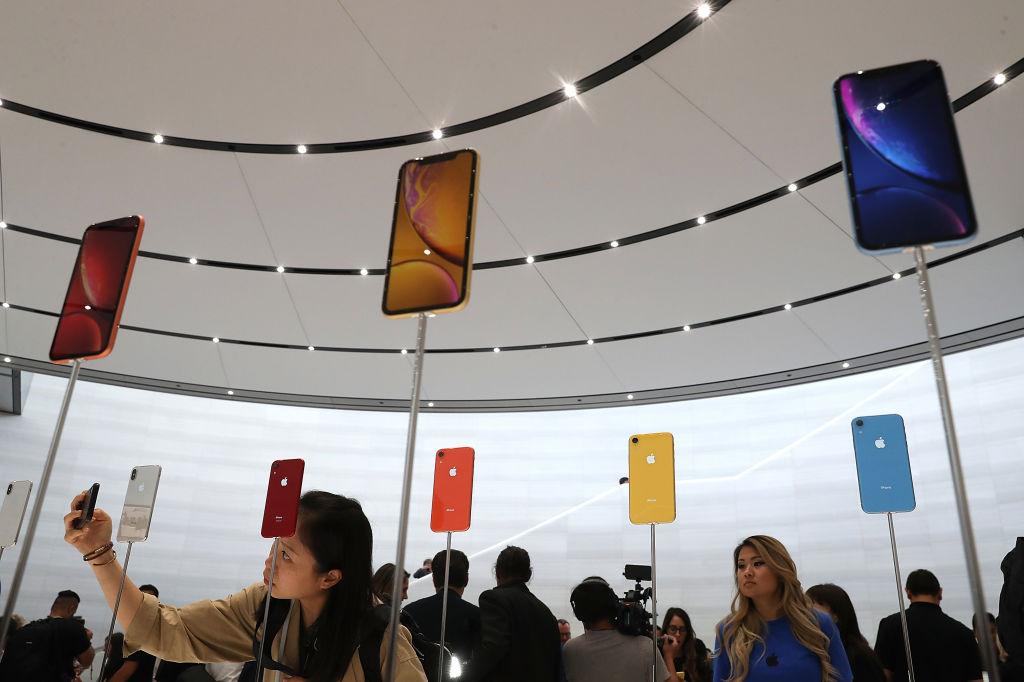Pegatron, a contract manufacturer based in Taiwan, has settled on Indonesia as part of the company’s strategy to move production out of China, in the face of a continued Sino–U.S. trade dispute.
Pegatron will move production of non-Apple products, including set-top boxes (a device that converts video content to TV signals) and other smart devices that have been hit by U.S. tariffs, to a rented factory on Indonesia’s Batam Island within the next six months, Japanese media Nikkei reported in an article published Dec. 5.
Pegatron assembles two of the latest three iPhone models, XR and XS Max.
While most Apple products are manufactured in China, such as iPhones and Apple watches, they haven’t been added to the list of Chinese-produced goods to be hit with U.S. tariffs. However, many electronic parts and components commonly found in electronic devices, such as motherboards and power supplies, are listed.
The U.S. administration has slapped tariffs on a total of $250 billion worth of goods, with $50 billion hit with 25 percent tariffs in July, followed by $200 billion hit with 10 percent in September.
The products to be manufactured at Batam would account for nearly $1 billion of the company’s annual revenue, Nikkei reported, citing an unidentified person with knowledge of the planned relocation. The person said that since it would take two financial quarters for manufacturing equipment to be installed and verified at the new factory, the factory wouldn’t achieve full production capacity until the middle of 2019.
Batam Island, located south of Singapore and near the Pacific Ocean entrance of the Strait of Malacca, is part of a free-trade zone in the Indonesia–Malaysia–Singapore Growth Triangle.
While U.S. President Donald Trump and Chinese leader Xi Jinping agreed on a 90-day trade truce beginning on Dec. 1 during a meeting at the sidelines of the G20 summit in Buenos Aires, the person said the meeting “will not affect the pace of Pegatron strategy”—meaning that Pegatron will continue its corporate strategy of moving some of its production outside of China.
Pegatron is also evaluating northern Vietnam as another potential production site, according to Nikkei.
In November, Charles Lin, Pegatron’s chief financial officer, said during a teleconference that the company planned to set up new production facilities in three countries in Southeast Asia. Lin didn’t name the countries at the time.
Nikkei said the speed with which Pegatron shifted production—renting out an existing factory rather than buying a new factory—is an indication that “the tariffs have taken their toll.”
Pegatron isn’t the only Taiwan-based Apple supplier that has announced plans to move production out of China due to the trade war. In mid-November, seven Taiwanese Apple suppliers announced plans to move, including Compal, an assembler of iPads and Apple watches, and iPhone assembler Wistron.
According to the same Nikkei report, Wistron has confirmed that it will relocate some of its production of server motherboards and other products to Taiwan’s northern city of Hsinchu and to an existing production site in Subic Bay in the Philippines from China.
Quanta Computer, a Taiwan-based MacBook computer assembler, also recently spent NT$4.28 billion (about $139 million) to purchase a piece of land and a building in Taiwan’s northern city of Taoyuan, to move some production of high-end automated devices back to Taiwan from China.





